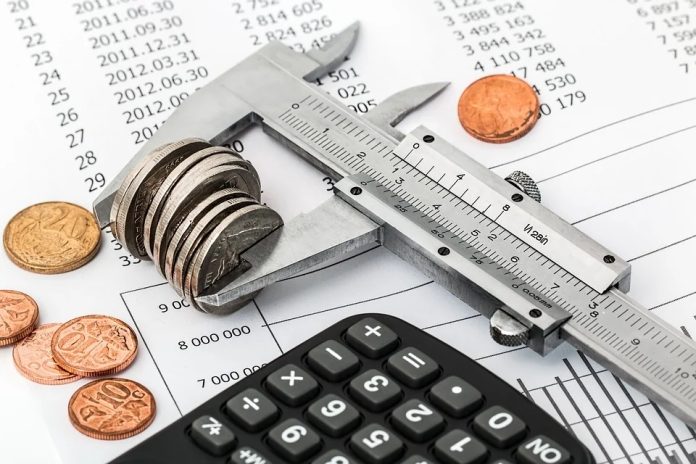
There are a few things you can do to make the process a bit more effective when it comes to budgeting. Here are five tips for budgeting to get you started:
-
Create a realistic budget.
Don’t try to budget based on what you think you should be spending – base it on your actual spending habits. Don’t spend more than you make.
Make a list of every item you spend money on monthly. Overestimate if you don’t know the exact bills. Average on items like utilities. Get a total expense sheet with this.
Put those items in categories and label them as necessary, variable, and extra.
Figure out where you are spending the most money and evaluate those items. Maybe your car payment is costing you a lot or your home payment. You can find a more inexpensive vehicle, and you can refinance. These are two options among many you can do to reduce spending.
If you find your extras categories are where you are spending most of your money, that is easy to cut out. If it’s not absolutely needed, then get rid of that expense.
Eating out is typically a spot in the budget where the money goes quickly. Another place is monthly payments to services. You may be subscribing to many monthly items that you can eliminate.
-
Make a budget that works for you.
If you’re the type of person who likes to splurge every once in a while, include some room in your budget for that.
-
Be honest with yourself.
If you know you tend to overspend, be realistic about how much you can afford to spend each month.
-
Use a budgeting tool.
There are a number of different budgeting tools available online, or you could use a simple spreadsheet.
There are many different budgeting tools available to help you manage your finances. Some common ones include Mint, EveryDollar, and You Need a Budget (YNAB).
Each of these tools has its strengths and weaknesses, so it’s important to find the one that best fits your needs. For example, if you’re looking for a tool that will help you stay on track with your spending, Mint may be a good option. On the other hand, if you’re trying to get out of debt, YNAB may be better.
No matter which budgeting tool you choose, the most important thing is to use it consistently. This will help you better handle your finances and make it easier to reach your goals.
-
Stick to it!
The most important thing is to be consistent and stick to your budget. If you find yourself struggling, reevaluate your budget and see if there are any changes you can make.
Budgeting can be a difficult process, but following these tips should help make it a bit easier. Once you figure out your budget, stick with it for three months. Be tough with yourself, and don’t spend the money unless you have it. Some people don’t keep their credit cards on them and only use a set amount of cash that they are allowed to spend on extras. This helps because you physically represent the amount of money you have left. Once it’s gone for the month, it’s gone.
If you are past needing tips for budgeting then check out our article 6 Apps that Save You Money!








